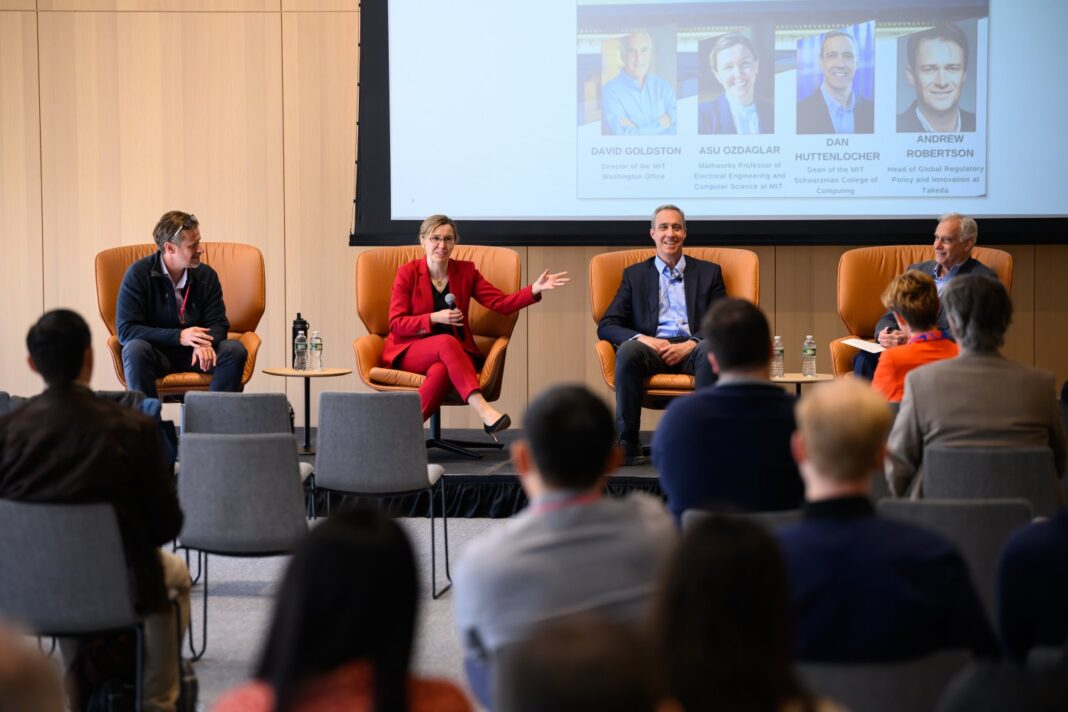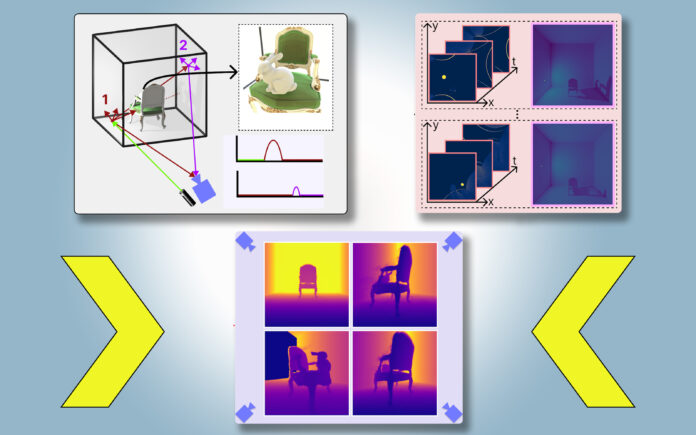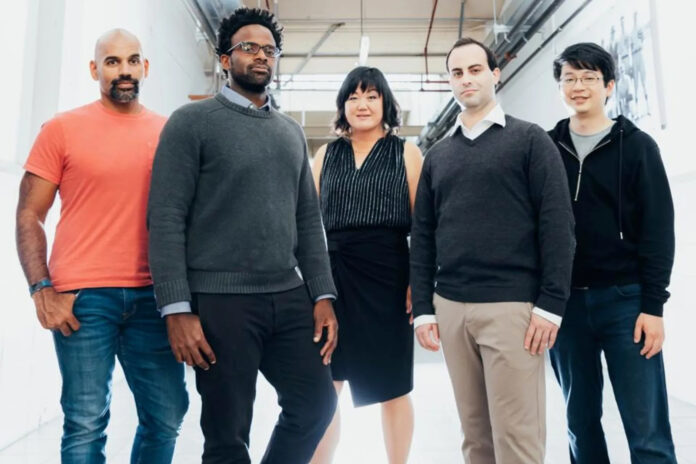In Short:
The collaboration between Takeda Pharmaceutical Co. and MIT School of Engineering ended with significant impact in advancing AI technology in health care and drug development. The program yielded new research papers, a patent for improving medicine manufacturing, and new AI models for detecting diseases and improving production processes. The collaboration also led to further educational opportunities and ongoing support for graduate students.
MIT and Takeda Pharmaceutical Co. Conclude Successful AI Collaboration
As the collaboration between Takeda Pharmaceutical Co. and the MIT School of Engineering comes to an end, the impact of their joint efforts in artificial intelligence (AI) in health care and drug development has been significant. What began in February 2020 has evolved into a transformative journey, especially in a time when AI has become a pivotal technology across various industries, including health care and pharmaceuticals.
The Program’s Success and Achievements
Throughout the program, a range of new research papers, discoveries, and valuable lessons have been produced, with highlights such as a patent for a system that could enhance the manufacturing of small-molecule medicines. Both MIT and Takeda have benefited greatly from this collaboration, laying the foundation for a future where AI and machine learning play vital roles in medicine.
Focusing on Real-World Challenges
The unique aspect of this program was its focus on addressing concrete challenges within drug development that Takeda was experiencing. MIT faculty members were able to choose projects based on their expertise and interests, allowing them to delve into new areas of health care and drug development.
Anne Heatherington, Takeda’s Chief Data and Technology Officer, emphasized that the program was tailored to tackle Takeda’s most complex business issues, providing valuable solutions for real-world problems.
Key Discoveries and Impact
Some of the program’s key findings have already led to broader studies, such as using AI to analyze speech for early detection of diseases like frontotemporal dementia and ALS. Furthermore, the research has introduced innovative AI models for improving pharmaceutical manufacturing processes, such as enhanced particle detection and AI-enabled inspections for injectable medicines.
Future Collaborations and Legacy
While the formal program has concluded, certain aspects of the collaboration will continue, including initiatives like the MIT-Takeda Fellows program supporting graduate students in health and AI research. The partnership aims to establish a model for future academic-industry collaborations, further expanding the impact of this pioneering collaboration.
Anantha Chandrakasan, MIT’s Chief Innovation and Strategy Officer, acknowledged the program’s significant impact and the opportunities it has created for advancing AI and machine learning in health care. The success of this collaboration sets the stage for future advancements and innovations in the field.





